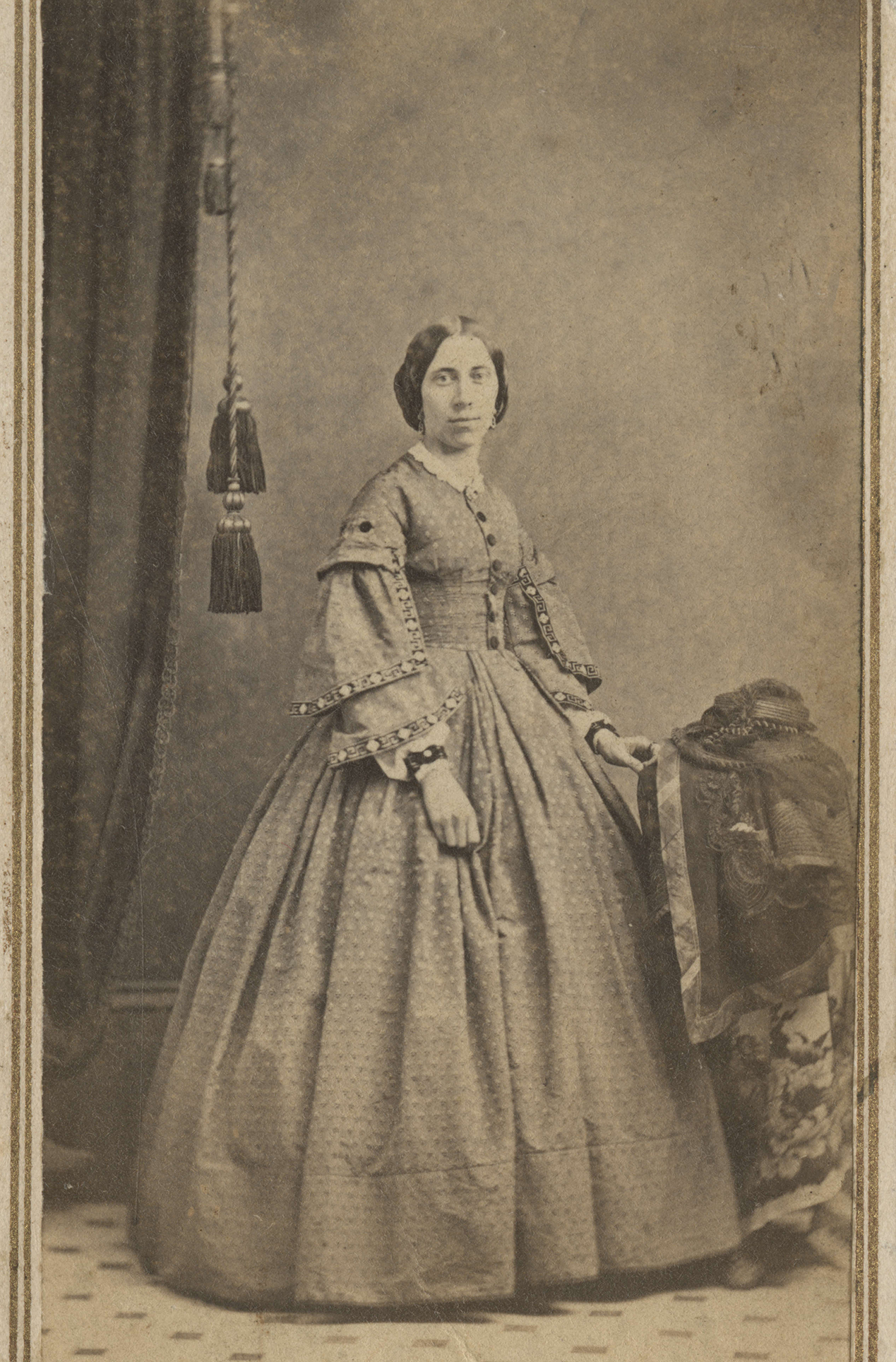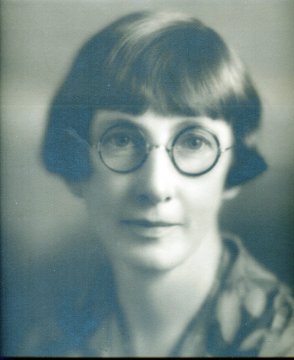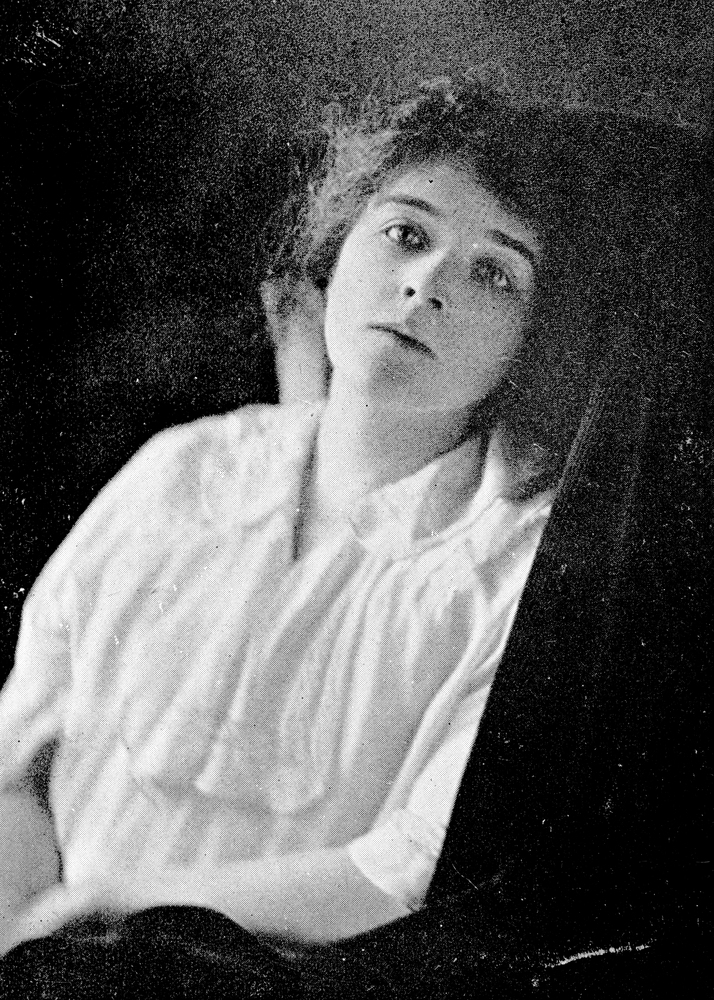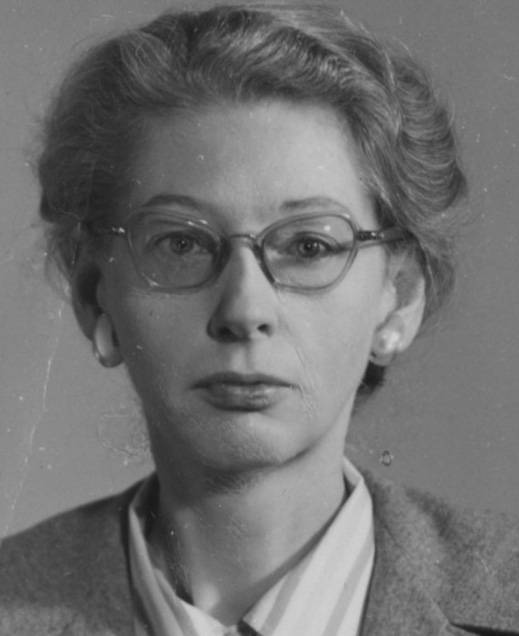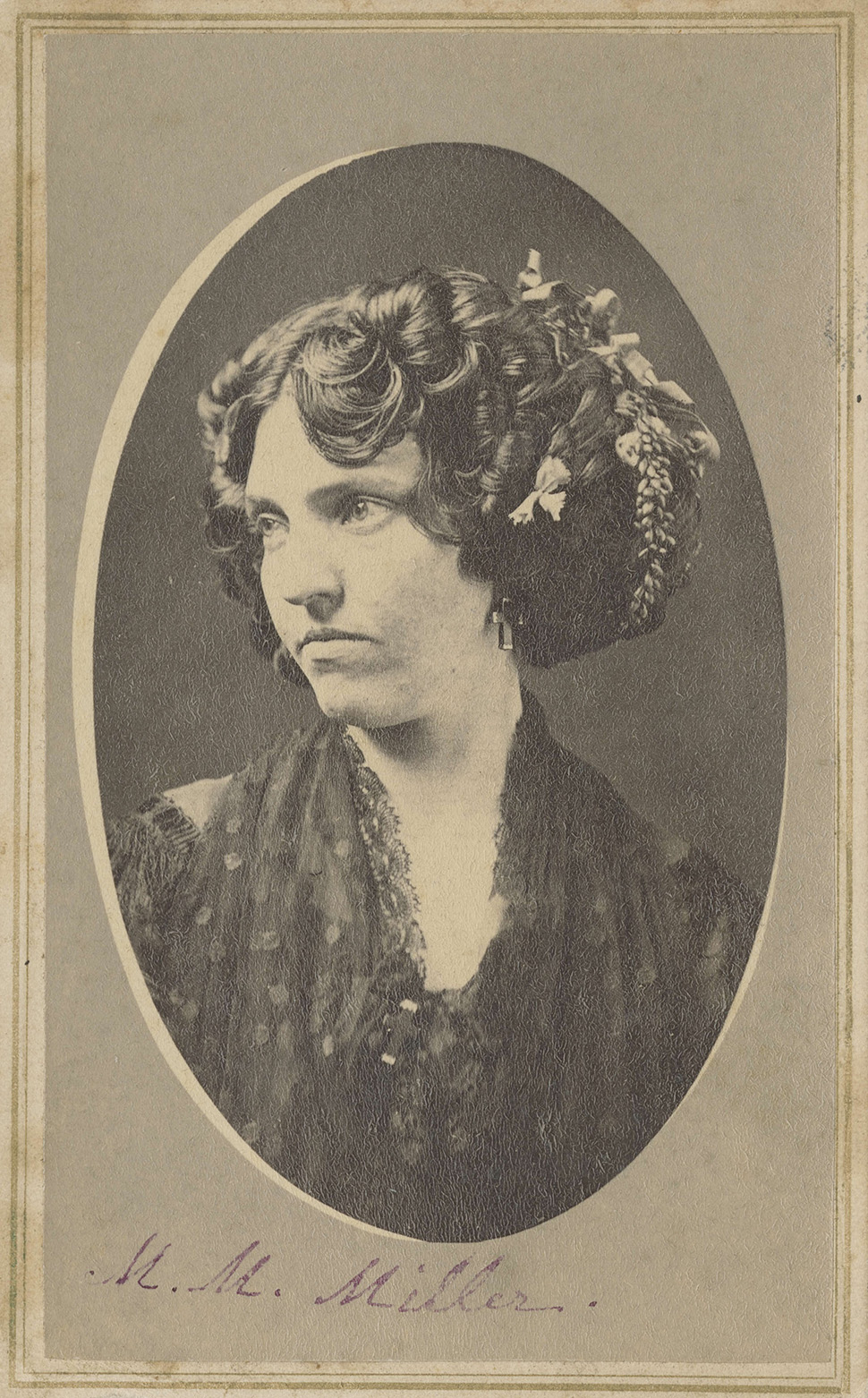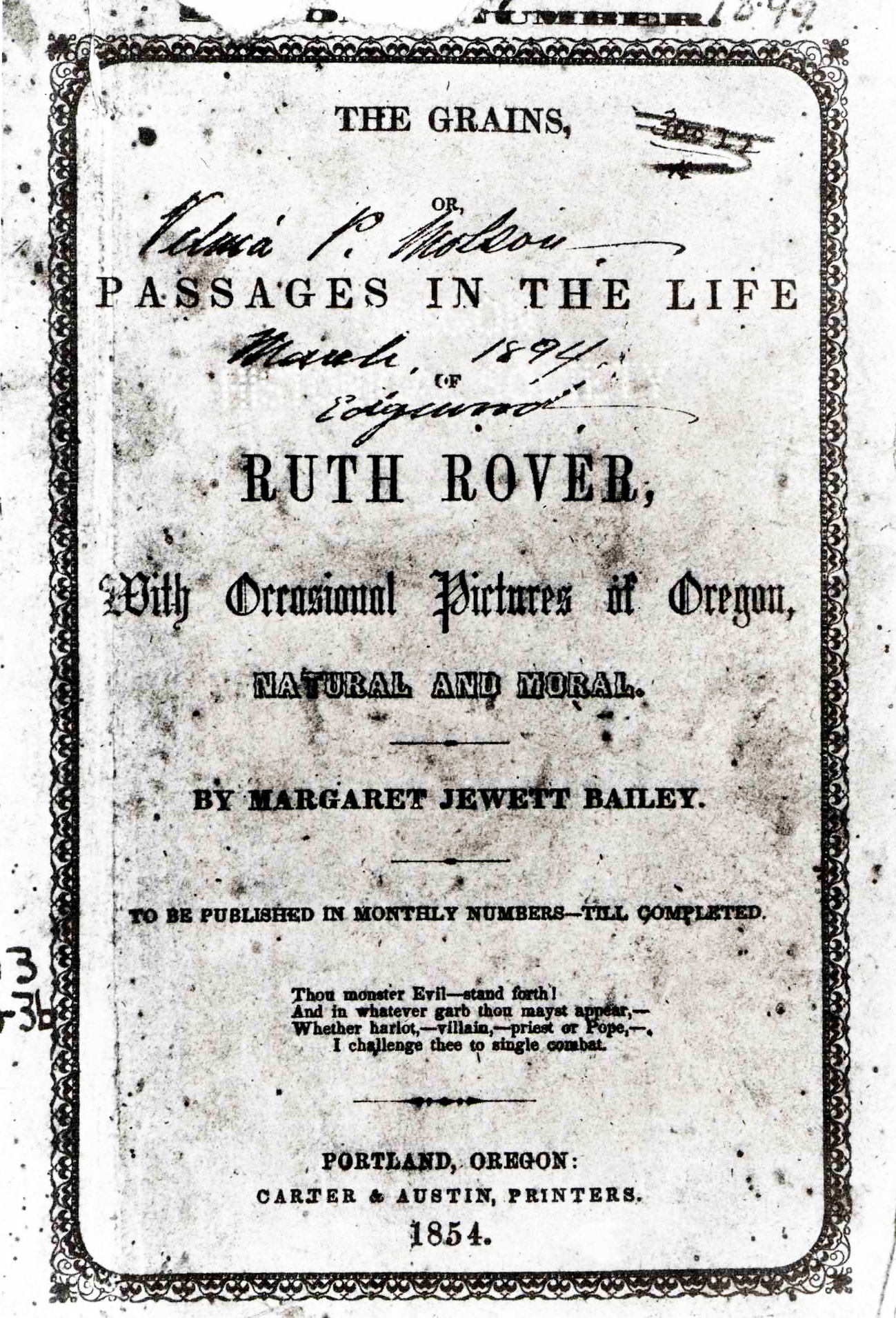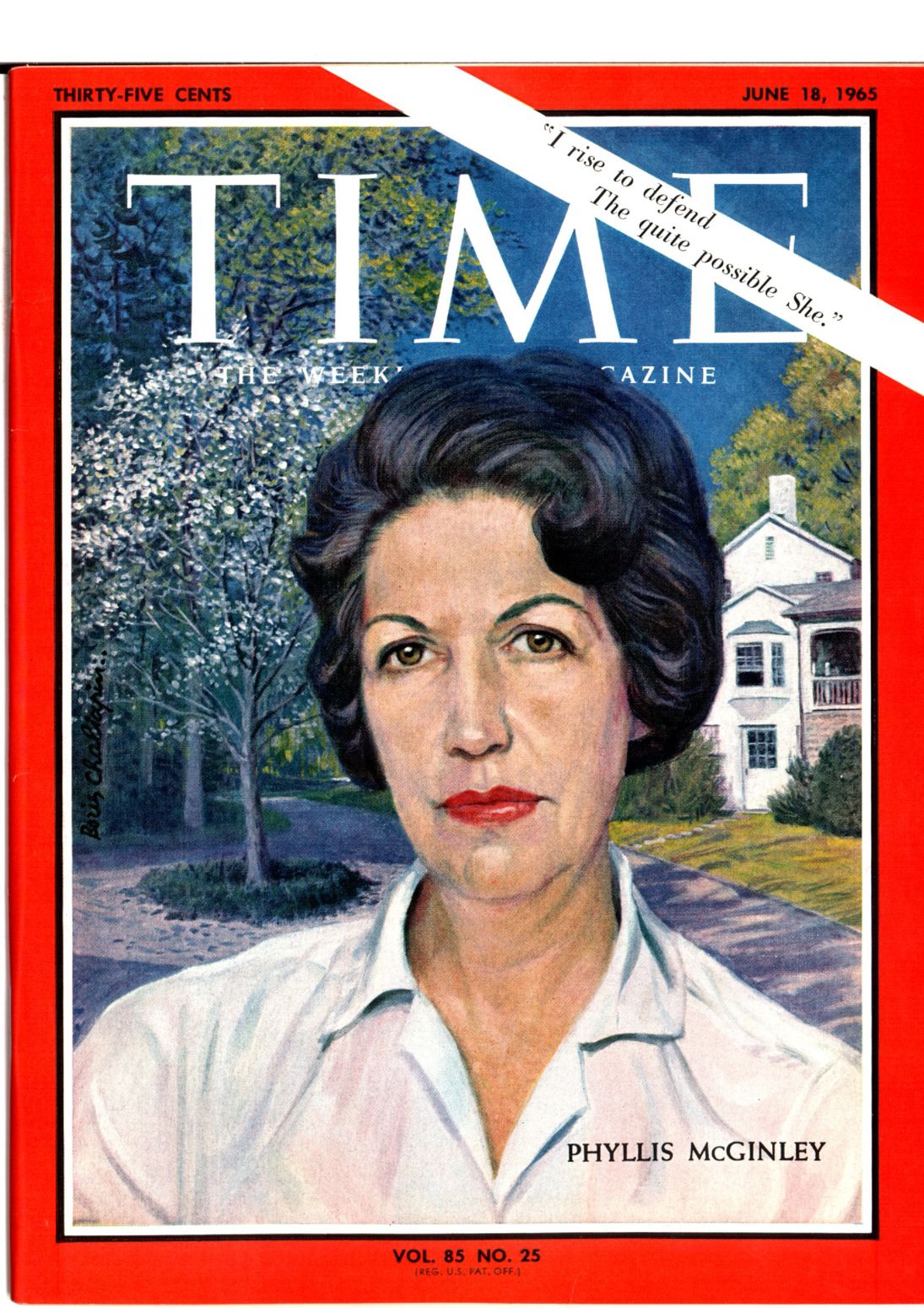Belle W. Cooke was an Oregon poet and member of the Oregon literary community during the second half of the nineteenth century. While she did not have a national following and remained well known only in local literary circles, her contribution to early Oregon literature is undeniable. Her poetry offers perceptive insight into the experiences of women, and her collection of poems captures her hopes, frustrations, and observations of the nineteenth-century Willamette Valley.
Born on March 15, 1834, Susan Isabella Walker, known as Belle, grew up in Meriden, Connecticut, where she was raised by her widowed mother, a teacher. In 1851, seventeen-year-old Belle crossed the Oregon Trail with her uncle, the Reverend George C. Chandler, who had been sent west by the Baptist Home Missionary Society. Chandler later became president of McMinnville College (today’s Linfield University), and Belle Walker was surrounded by an academic and literary community as soon as she arrived in the Willamette Valley.
She soon married Joseph Cooke, and the couple settled on a claim south of Salem, where they lived for many years. Belle Cooke taught at the Oregon Institute of Salem and Willamette University, and she gave private music lessons in her home. The family moved to a house on Commercial Street in Salem, where they joined with others to establish a sash-and-door factory. Joseph and Belle Cooke had six children, and she used her limited spare time to write poetry and teach. Colonel R. A. Miller, a friend, described her as “always a busy woman, busy with self-improvement.”
Belle Cooke is best known for Tears and Victory (1871), a collection of poems on life on the Oregon Trail, the experiences of her brother in the Civil War, perspectives on being a woman and mother, and the beauty of the Pacific Northwest. “Crossing the Plains” (1858), which may be her most famous poem, has been reprinted many times, including in Poems of the Covered Wagons (1947). The poem reflects on the trials and hardships of the move West.
Did you tread on rattlesnakes,
And on fields of prickly-pear,
Till you wished yourself at home again,
Or any place but here?
Many of Cooke’s poems offer insight into being a woman and mother during the nineteenth century, and her words convey a dissatisfaction with the lack of work, low pay, and marriages of convenience rather than love. In part three of her poetry collection, entitled Cares, she conveys her wish that marriage be more than an arrangement for women to perform domestic labor and to care for children:
I have seen enough of marriage
Where the wife gave all she had,
Time, and brain, and love, and service.
And I thought it very sad
The return should be so meagre;
Scarce enough to set up house,
Very small in food and clothing,
And the love would starve a mouse.
Cooke also laments the view of women as the “weaker vessel” in society and conveys a sense of frustration over their unequal treatment:
So little work for a woman,
Though her hands be deft and strong,
And her head be clear and steady-
’Tis ever the same old song-
“We do not want a woman:
She can not fill the place;”
Or, “We give but half the wages
To a woman, in any case.”
Although her poems speak of frustrations with the position of women in society and of loss, such as the death of her infant son, Cooke wrote uplifting poems about the beauty of the landscape and the strength of her Christian faith. Her poems were published locally for the West Shore and nationally in the Independent, where she was a paid contributor.
The Cooke home was popular with the literary community in Salem, hosting authors such as Joaquin Miller, Minnie Myrtle Miller, and journalist and historian Frances Fuller Victor. Cooke continued to write poems after moving to San Francisco in 1896. Her manuscript for a second volume of poetry burned in the San Francisco fire in 1906, and she chose not to re-create it.
Belle Cooke died in Newberg, Oregon, on January 19, 1918 (some sources incorrectly state 1919). She is buried at the Mountain View Cemetery in Forest Grove. Cooke “was going to write poetry and nothing could hinder her,” Colonel Miller reflected. “She got everything because of her insistent persistence.”
-
![]()
Belle Walker Cooke.
Oregon Historical Society Research Library, ba000266 -
![]()
Belle Walker Cooke, 1862.
Oregon Historical Society Research Library, bd001957 -
![]()
Belle Walker Cooke, c.1865.
Oregon Historical Society Research Library, ba000267
Related Entries
-
![Ada Hastings Hedges (1883-1980)]()
Ada Hastings Hedges (1883-1980)
Ada Hastings Hedges, poetry editor Borghild Lee wrote in the March 14, …
-
![Ethel Romig Fuller (1883-1965)]()
Ethel Romig Fuller (1883-1965)
Ethel Romig Fuller was Oregon’s first female poet laureate, from 1957 t…
-
![Hazel Hall (1886-1924)]()
Hazel Hall (1886-1924)
Hazel Hall was recognized in the early decades of the twentieth century…
-
![Mary Barnard (1909-2001)]()
Mary Barnard (1909-2001)
Mary Barnard—poet, translator, and classicist—was one of th…
-
![Minnie Myrtle Miller (Theresa Dyer) (1845-1882)]()
Minnie Myrtle Miller (Theresa Dyer) (1845-1882)
Minnie Myrtle Miller, the "Poetess of the Coquille," was born Theresa D…
-
![Oregon Literature (1814-1920)]()
Oregon Literature (1814-1920)
The first literature of Oregon followed patterns typical of most other …
-
![Phyllis McGinley (1905-1978)]()
Phyllis McGinley (1905-1978)
Phyllis McGinley, born in Ontario, Oregon, in 1905, was an award-winnin…
Map This on the Oregon History WayFinder
The Oregon History Wayfinder is an interactive map that identifies significant places, people, and events in Oregon history.
Further Reading
Bancroft, Hubert Howe. History of Oregon, Volume 2. San Francisco, Calif.: History Company, 1888.
“Belle (Walker) Cooke.” Obituary. The Oregonian, January 23 and 27, 1918.
Cooke, Belle W. Tears and Victory, and Other Poems. Salem, Ore.: E.M. Waite, 1871.
Cooke, Belle W. “Old and Young.” The Independent 50 (January 27, 1898).
Cooke, Belle W. “To a Master Poet.” The Independent 54 (1902).
Horner, John B. Oregon Literature. Salem. Ore.: Statesman, 1902.
Maxwell, Ben. “Story of Belle Cooke, Salem’s Victorian Poet.” Capital Journal, January 13, 1954, p. 8.
Powers, Alfred. History of Oregon Literature. Portland, Ore.: Metropolitan Press, 1935.


